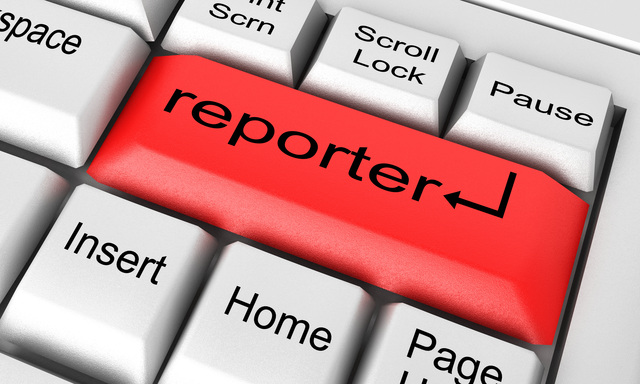The Sofronoff, Higgins-Lehrmann, and Robodebt affairs: What happens to journalism when journalists become part of the story?
When journalists behave like players in the political process, they compromise their claim to be independent watchdogs protecting the public interest. Am I imagining this, or has this become more of a problem in recent times?
Just last week we heard that the judge overseeing the inquiry into the Brittany Higgins trial not only leaked his report to several journalists, but also privately briefed selected journalists as the inquiry was under way. At least one of these journalists had previously chosen to publish their personal views on this case and on some of its key participants. Importantly, this wasn’t a news reporter. They were an opinion columnist for The Australian, itself among those most responsible for representing this disturbing story through the frame of the #MeToo culture wars.
Then, the journalists to whom this report was leaked broke the embargo by publishing some of its most damaging findings. Given which side of the debate these findings damaged the most, this strategy was presumably driven by the politics of the individuals involved, in pursuit of their preferred outcomes for the investigation. Any way you look at it, the leaking of the document as well as its premature publication constituted a direct, irresponsible, and motivated intervention into the political process.
During the recent Royal Commission into Robodebt, it was revealed that certain ‘friendly’ political journalists had been used, in effect, as spin merchants for the government — dutifully relaying its talking points to their readers. One of those journalists was also the co-author of a book on Scott Morrison in which the allocation of the ‘secret ministries’ was uncovered. Rather than providing that extraordinary piece of information to the public as soon as possible, it appears that the authors sat on it for almost two years until their book was actually published. Maybe that was done only in order to help sell the book, but it also protected Morrison from the political consequences of his actions for that period of time.
The media, in general, has mercilessly exploited the sensational potential of the Higgins-Lehrmann affair. To an extent, that exploitation has driven by the professional and political rivalry between media outlets, and between individual journalists, as they positioned themselves on either side of the case. It is also true that the media’s willingness to be participants laid them open to being manipulated, themselves, by players on all sides. Nonetheless, and viewing the extensive collateral damage it has caused, the media’s treatment of the case reveals how much damage can be wrought when the reporting of news loses sight of its ethical responsibilities and of its public purpose.
I have no idea how far in time this tendency goes back, but if it is indeed increasing then it changes what we might consider to be the point of political journalism. The old school version of this held that journalists were independent observers, charged with informing the public and holding those in power to account. Two things, at least, have changed here. One, is that news has become just another genre of media entertainment and that certainly disconnects the news from its original purpose. The second one, though, is that political journalism — in at least the instances cited here–is in danger of losing its grip on the principle of independence.
This is not to underplay the occupational challenge that all journalists face when dealing with individuals and organisations who might be their key sources but who are also the potential objects of their critical scrutiny. Back in the day, I can remember when there was serious disapproval of journalists who were perceived to have become ‘captured by their sources’ (the business press was the key culprit here). But this is not just about reporting that is skewed toward the interests of their sources — although there is certainly plenty of that these days. Rather, this is about a journalist seeking to personally play an active part in the events upon which they are reporting.
Maybe this is just another consequence of the long term shifts in the purpose and practice of political journalism. Competition for audiences increased dramatically with the introduction of digital media, and among the consequences for the news media was the encouragement of the publication of opinion. Opinion, particularly opinion that was itself newsworthy, has attracted audiences where old-fashioned information has not. In a profession which once eschewed even the adoption of a byline to identify the writer, now an active personal presence on social media is an indispensable part of the job. Reluctantly, for many, journalists have had to accept the requirement to actively curate their own public persona in order to attract an audience. The publication of opinion, rather than just news, is crucial in this process.
One more in the growing list, it seems, of factors contributing to the depletion of the public’s trust in what the mainstream news media tells them, and justifying the public’s weary cynicism about the interests served by the way our major media outlets choose to report on the politics of the day.




May I simply say what a comfort to discover someone that really knows what they are talking about on the internet. You actually realize how to bring an issue to light and make it important. More people must look at this and understand this side of the story. I cant believe you are not more popular since you surely have the gift.